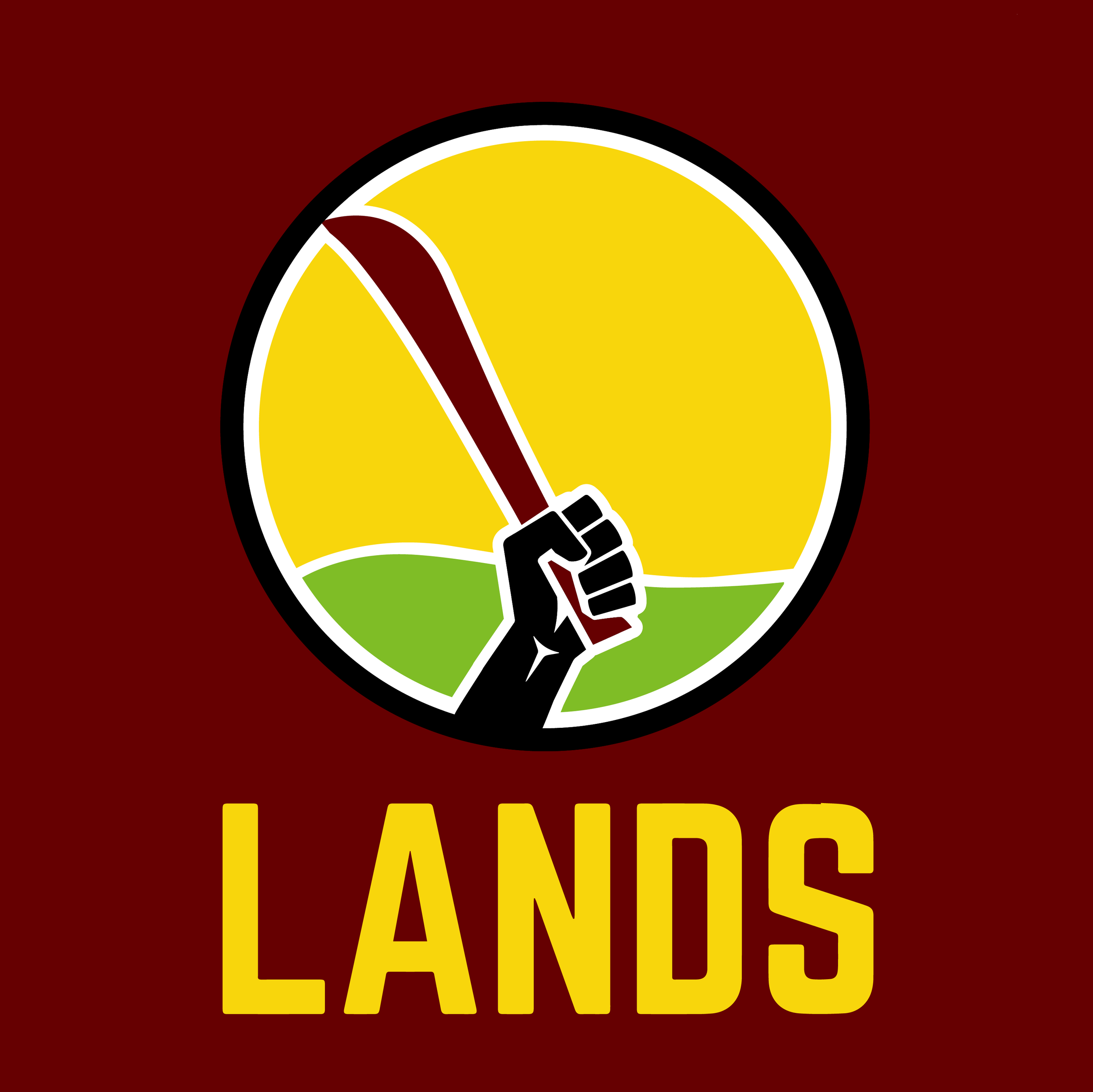Anti-Imperialism
This is a selection of readings that discuss imperialism and related concepts. They are necessary readings for anti-imperialists to know and understand, but not to necessarily agree with.
Against Empire
(Source through Goodreads)
This is a book by Michael Parenti, which discusses the relationships among imperialism, Capitalism, and Democracy. As imperialism and Capitalism advance each other, Democracy is threatened by both.
All Cultures are Not Equal
(Read freely online)
This piece interrogates notions of Western radicalism, discusses whether 'Western' ideas can be separated from 'progressive' ideas, and questions what is allowed to qualify as anti-imperialism.
Capitalism and Slavery
(Read freely online)
Eric Williams, the first Prime Minister of Trinidad & Tobago, explained how the Industrial Revolution was driven by the exploitation of labour and resources in the Caribbean. Capitalism is a product of imperialism, colonialism, and slavery.
For the Development of the Non-Aligned Movement
(Read freely online)
Here, Kim Il Sung speaks on the importance of the Non-Aligned Movement, and the challenges that were facing it in the 1980s.
The Great Anti-Imperialist Cause is Invincible
(Read freely online)
Here, Kim Il Sung speaks on the importance of the Cuban Revolution and other anti-imperialist struggles in the Third World.
On Growth and Imperialism
(Read freely online)
Comandante Guevara gave a speech on the international system, and the link between economic imbalance and political imbalances. Through postcolonial dependency, wealthy nations are able to buy influence of less wealthy nations, and indirectly determine their internal policies.
Through colonial taxation and trade policies, the British stole $45 trillion from India. The colonial regime would tax the Indian people and use the Indian people’s money to pay for goods that were being shipped to Britain.
Implications of British Colonial Economic Policies on Nigeria's Development
(Read freely online)
This is an academic paper which looks at the impact of British colonial economic policies on the character of the Nigerian economy. Much of this applies to other ex-colonies. Many colonies had their economy and trade regulated by the colonising power. Small colonies often practised monoculture with cash crops, relying on imports for food.
Jamaica and the Third World
(Read freely online)
This is an essay which largely focuses on Michael Manley's internationalist tendencies.
Kicking Away the Ladder
(Read freely online)
This paper highlights the hypocrisy in core countries that used protectionist measures to develop their economies, while now preventing periphery countries from adopting the same measures. It is a criticism of free trade that was written by an economist who influenced Rafael Correa, a Democratic Socialist who was once president of Ecuador.
Maoism vs. National Liberation
(Read freely online)
This piece posits that Marxist-Leninists must realise that the main hits against US imperialism will come from national liberation struggles, and defends the idea that the proletarians in the US cannot win a revolution without allying with these causes.
The National Question
(Read freely online)
Stalin explained why national liberation movements are revolutionary, and why they are important in directly fighting imperialism.
Neo-Colonialism
(Read freely online)
Despite nations and states achieving independence from their colonial powers in a nominal sense, they remain economically dependent on them for investments and trade. Instead of maintaining direct control of ex-colonies, global powers now use economics to leverage their interests and influence these countries' internal politics.
Introduction
(Read freely online)
In the Introduction, Nkrumah speaks about the resemblance of colonial dynamics to core/periphery dynamics, justification for Ghana's foreign policy, and the difference between foreign capital being used for development and foreign capital being used to extract local capital.
Mechanisms of
Neo-Colonialism
(Read freely online)
The 18th chapter of Nkrumah's book speaks about the various ways in which Neo-Colonialism manifests itself, including through aid and free trade organisations.
Conclusion
(Read freely online)
In the Conclusion, Nkrumah speaks of the widening gap between rich and poor countries, and the global conditions that this may produce.
New Democracy
(Read freely online)
New Democracy is the idea that the national bourgeoisie in oppressed or colonised nations have a role to play in fighting imperialism. While the bourgeoisie is the ruling class in advanced Capitalist nations, the national bourgeoisie is not necessarily the ruling class in countries that are oppressed by imperialism, or countries that are still in Feudalism.
Slavery and the Rise of Capitalism
(Read freely online)
Defending Eric Williams' work, this is a short piece which highlights the Industrial Revolution and the development of British Capitalism as a product of colonialism and slavery.
Struggle in the Periphery
(Source through Goodreads)
This is a book which discusses Jamaica's struggles as a Third World country.
What Do Empires Do?
(Read freely online)
This is a short article on exactly why it is accurate to call the USA an "empire" in the modern world. It ties in well with the concept of Neo-Colonialism.











